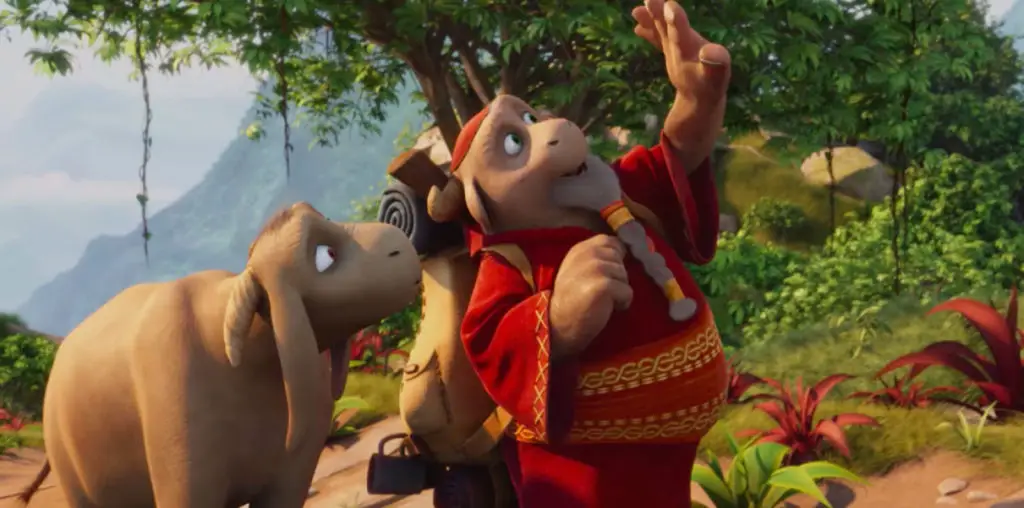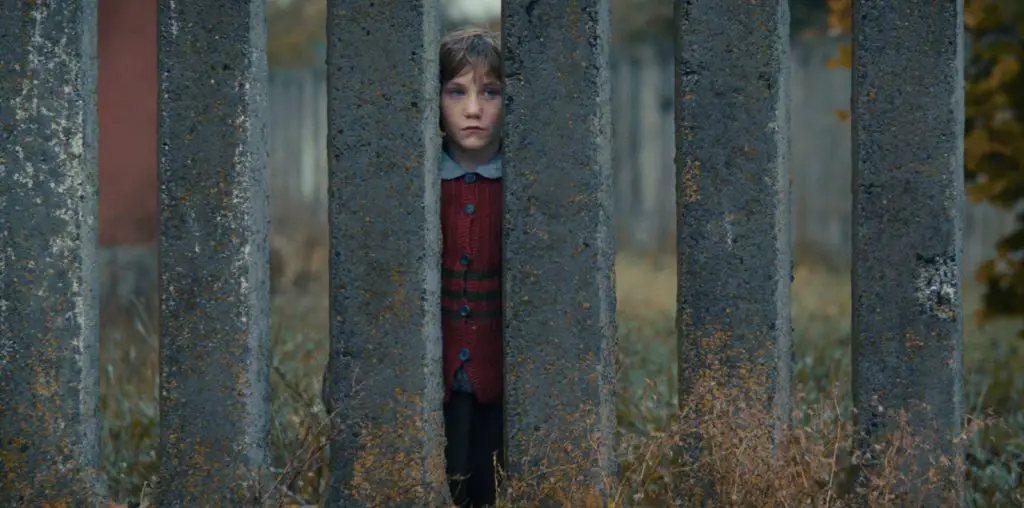
For all of you unlucky schleps out there who are only a few steps away from jumping off a bridge because they just can’t seem to catch a break, relax, Wayne Kramer’s The Cooler illustrates how there’s a purpose for your existence after all. All you need to do is head to Vegas and become a professional schlep – a “Cooler” as it were.
For the uninitiated, a Cooler is somebody with bad gambling mojo that the casinos place at tables to break major winning streaks. William H. Macy plays such an unlucky person in The Cooler, who a crooked casino boss (Alec Baldwin) uses to his advantage.
We got a chance to talk with director Wayne Kramer about gambling and what it took to make The Cooler.
What inspired the story for “The Cooler?”
My co-writer on the project, Frank Hannah, goes to Vegas all the time and loses a lot of money and he doesn’t want to blame it on himself. He always feels there has to be a negative element that enters the room. If I was standing at a craps table, I’d probably kill it for everybody because I’ve had the worst luck my whole life.
Did you go to Vegas to do research for the movie?
I don’t think Frank needed anymore research, but yeah, I went to Vegas. We went a few times and we also tried to see if there’s a realistic way to shoot it in Vegas and ultimately, we had to shoot it in Reno because we needed to control an entire casino.
What’s your game? Do you have a game that you’re really good at? For me, my game is blackjack. Blackjack is my game…and roulette. I have the secret to winning at roulette.
Uh, well, roulette is the loser’s game. Every dealer in Vegas will tell you roulette is a sucker’s game. I’ll quote my running partner on this again, Frank Hannah. The only way to win money in Vegas is to make a movie about Vegas.
So, how did you go about casting the film?
Well, we wrote this with Bill Macey in mind. There’s nobody else, that I felt, who could have played this role. I know that women find him sexy and we needed a combination of a guy who was a bit shlumpy, but then could evolve into being almost like a romantic lead.
Bill Macey received the script about a couple of months after it was written. He read it and said, “This is great and I’ll do it when you guys have the money.” About two years later, when we raised the money, Bill was in a bit of a different place. He was tired of playing the loveable loser and he wanted to do bigger Hollywood movies, which I can understand. So I basically had to stalk his agent, harass her into getting me a meeting with Bill and Ed Pressman, who was financing the movie. And finally Bill came around. I had to convince him he wasn’t playing a loser; he was playing a winner.
A lot of directors that I talk to say, “We just got the money and then we made the movie.” That “got the money” part, isn’t that a really, really long story? I bet there are a lot of interesting twists and turns, maybe enough to make a movie about. Could you talk about that process just a little bit?
Well, usually you start at the top. You’ll submit the script to many majors, maybe some of the studios. The first thing every one of them says is, “Yeah, we like the script, but we want to turn it into a slapstick comedy and we don’t want you to direct it.” So, right away that’s a no deal. A lot of people who like the script don’t want to work with me because I’m an unknown entity and I don’t hold that against them. That’s where a producer like Ed Pressman comes in. He’s a maverick producer. He started out with some of the early films of Oliver Stone, Brian DePalma, Terrence Malik. He gave me support all the way through the film and we had great producers and the best thing about the experience was I got to make the movie I wanted to. We have some pretty racy love scenes in this film, but because it was a closed set, the producers didn’t get to see the footage until about four days later and they were going, “Oh my God,” but that was the movie I wanted to make.
Now, speaking of the racy love scenes, it’s not particularly erotic filming those scenes. It’s actually kind of dry and boring. How do you go about doing that?
Bill likes to use the term, “drytected,” which is basically, we kind of worked out what the action was going to be and then I told him where the camera was going to be and Marie Bello is responsible for the tone that we set in those scenes because she’s so bold. And one of the mandates I had with this movie coming in about costume was I wanted nudity, I wanted films to go back to, you know, the gritty ‘70s where people had no qualms about taking off their clothes because that’s what people do when they have sex. I’ve seen way too many movies where the actress is lying in bed having sex in a bra. I don’t believe that for a second and I don’t like the bed sheet thing and I don’t want to be making TV. I want the audience to be lost in the story and Bill and Maria were inside of that. Maria was so bold and amazing and they brought humor to it and, you know, when people have sex, a lot of times there’s some laughing and it’s awkward and I think that all translates in the scene.
Well, I just want to say it’s just such a pleasure to see a director who actually respects good nudity in movies. What’s your hope for the film now?
We got bought by Lions Gate, so we’ve got a distribution deal and they will release it probably last quarter of the year and create an Oscar campaign to promote the fantastic performances and I couldn’t be happier. They’re filmmaker friendly.

